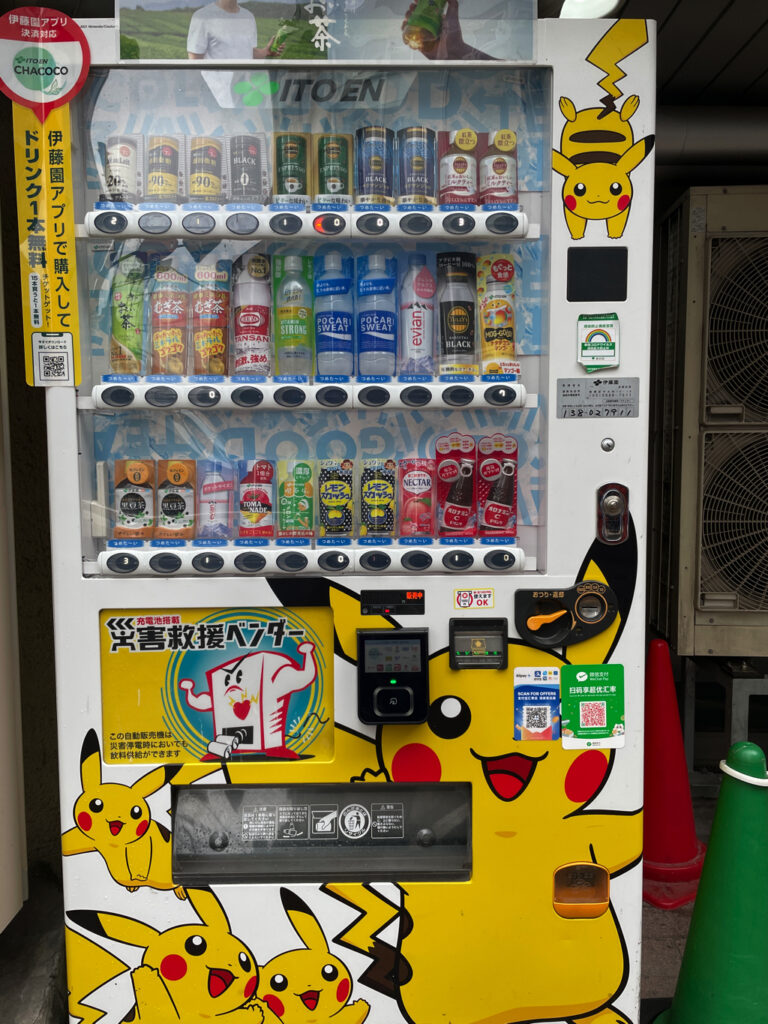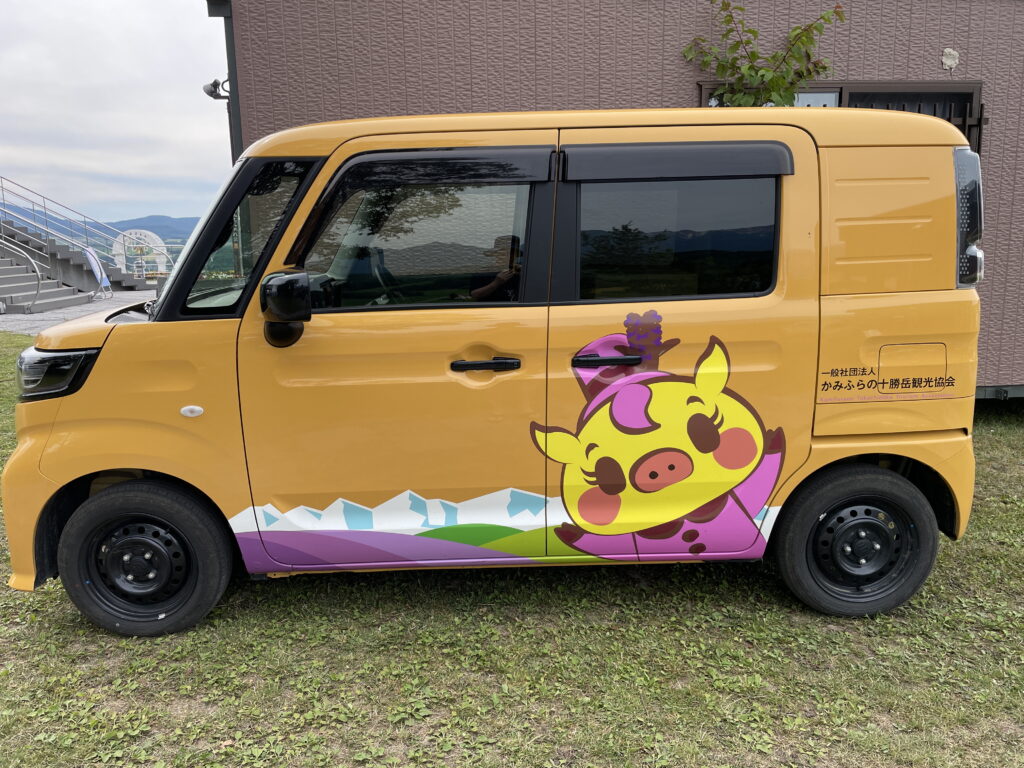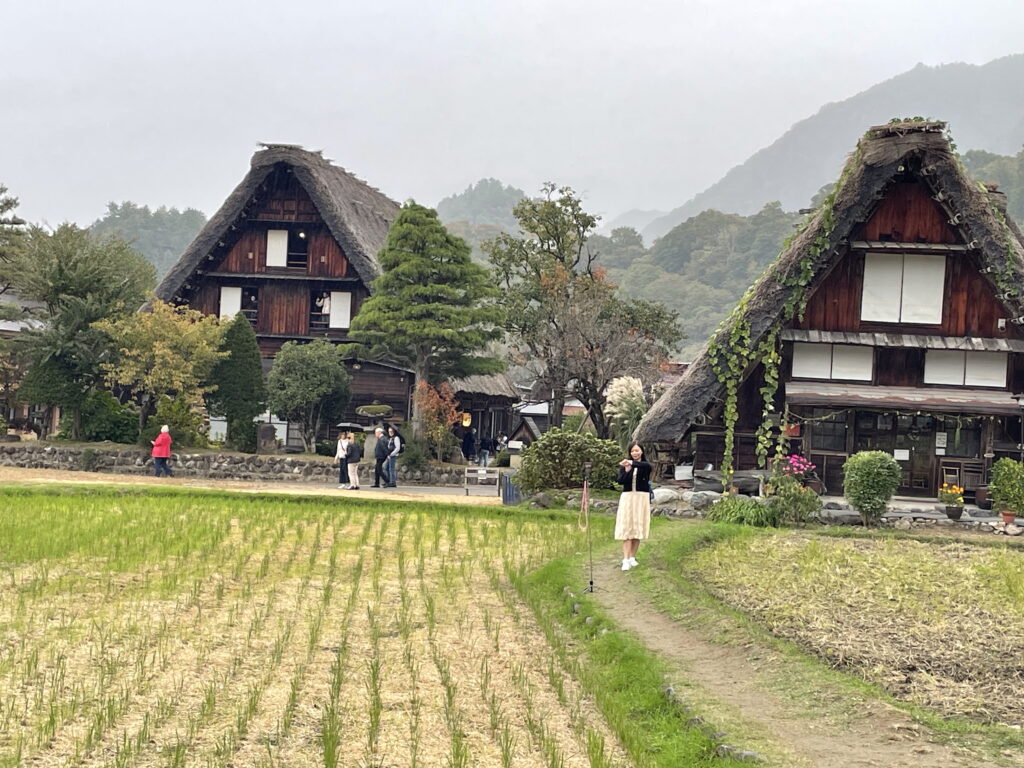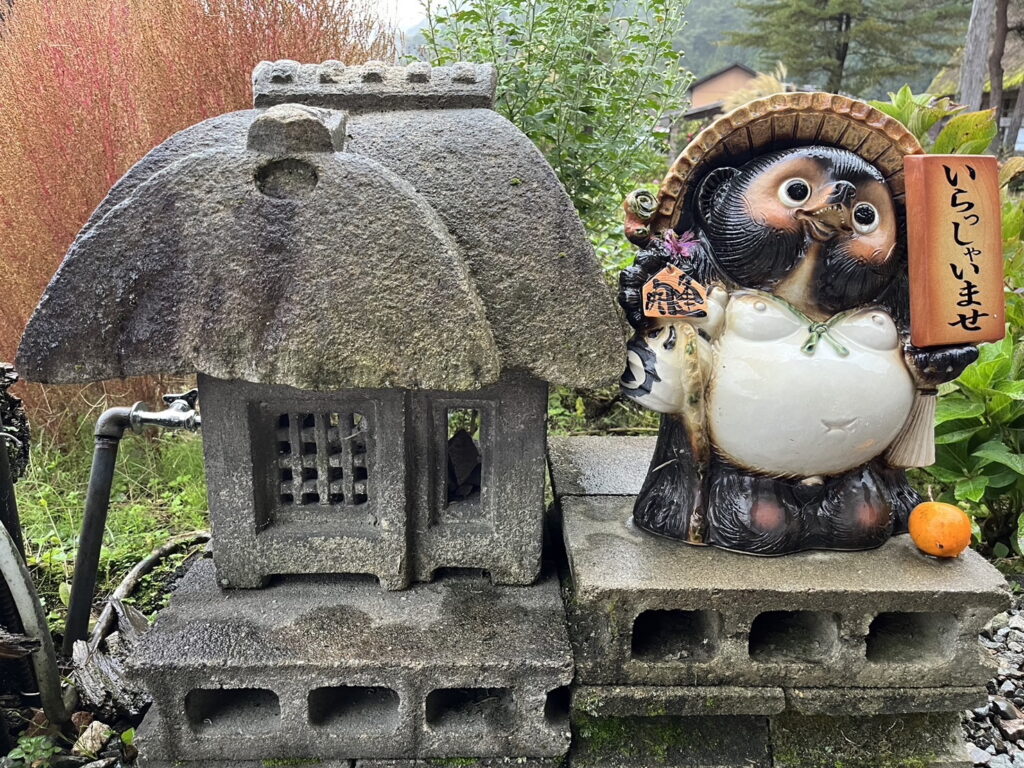It was a problem that I took with me when I first went to Japan. It was rooted deep inside and I couldn’t even see it.
I remember so clearly the warning that my uncle gave me. He pulled me aside and said with all seriousness, “Jerry, be careful what you eat. Those people over there eat things like raw fish that can ruin your stomach and cause you to get really sick. I wouldn’t eat it if I were you.”
So, there I was in my twenties about to embark on my first trip abroad to teach English in Japan. Of course there was excitement, but now, I also had to deal with this sense of suspicion. My uncle had seeded my mind with questions and doubts, causing me to judge the very people I wanted to get to know.
The First Weekend Homestay
Wouldn’t you know it? As soon as I arrived, the group of people I would be working with arranged for me to stay with a prominent family as their guest. They were excited to meet me and showed it with their hospitality.
The first dinner meal was like a banquet. The center of the table had a spread of sashimi, the “raw fish” my uncle had warned me about. A feeling of worry gripped me inside.
As the guest, they wanted me to eat first. I had never eaten such food before and all I could think about were my uncle’s warnings. How could I tell them that it would be risky to eat this food? Somehow, I managed to keep quiet and hide the turmoil going on inside of me.
Those Dastardly Preconceived Notions
For whatever reason, it takes a while to change our minds about many things we see as truth. What’s worse are the opinionated judgments that form inside.
I’ve had to process a lot of these preconceived notions through the years. It has felt like removing mold from the dark places inside of me.
Here are a few:
- “Japanese people are immature because they, even adults, read comic books.” It took a while for me to change this judgment I held. Actually, the subculture of reading Manga is amazing and there is so much that can be learned about life from Manga.
- “Japanese fathers prioritize their jobs over their families.” Even though the culture often requires men to work a lot, it doesn’t mean fathers don’t care for their families. I didn’t need to judge them as bad fathers.
- “Japanese people lie too much.” Instead of judging someone for not being honest, I had to learn the phrase, “uso mo houben,” which basically means white lies are good when done in consideration of others.
- “Japanese women are submissive.” This is certainly not true for all Japanese women. Each person is an individual and one’s true face and heart come out in intimate relationships. I’m really thankful my wife is “spirited” because it has helped me grow a lot. We have just celebrated 27 years together this October! 🥳🥂
Japanese culture also promotes some preconceived notions that you might find humorous, such as:
- There’s nothing wrong with eating raw eggs.
- Nobody will bother you if you fall asleep in public (on trains, in restaurants, etc.)
- It’s not really a meal if it doesn’t include rice (or noodles, at least).
- It is fine to walk across the street if everyone else is crossing, even if the “Don’t Walk” sign is flashing.
- People who cut their fingernails at night are not smart and the action could bring death to someone in the family. I remember being scolded by my mother-in-law for doing this.
- All Americans are loud and all Americans own guns.
- Don’t ever do anything to stand out, as taught by the Japanese phrase that means, “The nail that sticks out will be pounded down.”
- Americans don’t have “common sense.” I was reminded of this whenever I made cultural mistakes or forgot something important.


The Need to Become Uncomfortable
Before you judge me for having thought such dastardly ideas, or criticize the Japanese for their own preconceived notions, let me assure you it’s worth the discomfort.
It is in stepping out of our places of comfort and trying that first bite of “raw fish” that enables us to grow.
Confronting my preconceived notions through the years has helped me become a better person, relate to international students without judgment, and see the world as bigger than my uncle was able to.
Can a visit to Japan really make someone a better person?
Yes! Traveling anywhere internationally and/or living abroad gives us the potential to consider and renegotiate our perspective of the world we live in.
If you have a real desire to travel somewhere other than Japan, please go and expand your world. Japan is the place I know and love, so I love recommending it to you.


If you are a regular reader of my writing, you may also notice that I often recommend visiting places off the beaten path. There’s nothing wrong with visiting Tokyo, Kyoto, and Osaka, but there is so much more to be seen and learned outside of these famous tourist spots.
Speaking of such, I want to share more with you about an extreme place I traveled to in Japan a couple months ago, but that will need to wait until the next post. I can’t wait to tell you about it! 😁